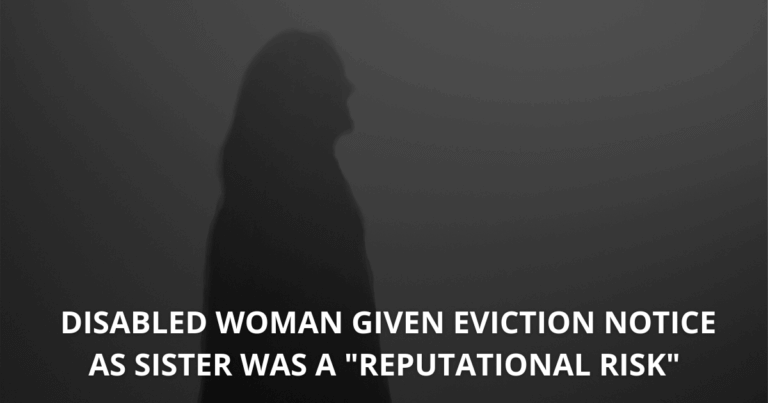When a court makes a judgement or order, they can make an order that a party pay the other party’s legal costs. Whenever a Court awards these costs, it chooses between awarding costs on the ordinary basis or on the indemnity basis.
What is the Ordinary Basis?
 Unless a court orders otherwise this is the usual costs order made by a court under the Uniform Civil Procedure Rules 2005 (NSW) (‘UCPR‘) at r42.2.
Unless a court orders otherwise this is the usual costs order made by a court under the Uniform Civil Procedure Rules 2005 (NSW) (‘UCPR‘) at r42.2.
The ordinary basis allows a party to recover a “fair and reasonable amount” for the legal costs and disbursements that they reasonably incurred in the proceedings.
Under the ordinary basis you would generally expect to receive approximately 70% of the solicitor’s full bill.
What is the Indemnity Basis?
Sometimes a Court may order the assessment of costs on an indemnity basis under rule 42.5 of the UCPR.
On the indemnity basis you would generally expect to receive all of your solicitor’s bill.
Why would a Court order Indemnity Costs?
The power of the Court to make an indemnity costs order gives the Court the power to:
- manage its caseload,
- reward parties who make a reasonable offer to settle their case, or
- discourage a party from pursuing cases with no reasonable prospects of success,
- punish a party for bad behaviour in the proceedings.
When does a Court order Indemnity Costs?
A Court might make an order for Indemnity costs against a party in the following situations:
- A Hopeless Case – where you pursue a claim or a defence that is weak, without substance and has no prospects of success;
- An Abuse of Process – where you commence a case without good faith or for an ulterior purpose;
- If you behave unreasonably or improperly in the proceedings;
- If you’re guilty of Fraud, Misconduct, Perjury or Contempt of the Court; or
- You have failed to beat an Offer of Compromise or a Calderbank letter.
Offers of Compromise
An offer of compromise is an offer to settle a case for a specified sum of money. It remains open for acceptance for 28 days under rule 20.26 of the UCPR.
If a party declines to accept an offer, and then doesn’t obtain a verdict that exceeds the offer, they will usually incur an order against them for indemnity costs from the date the offer was made. (Rule 42.15 of the UCPR)
Calderbank Letters
A Calderbank letter is a letter that one party sends to another setting an amount for which they are prepared to settle the matter. It also specifies the time period in which it is open for acceptance. Unlike Offers of Compromise the period does not have to be 28 days and is usually shorter.
A Court is not aware that an offer of compromise or Calderbank letter has been made until after they have given their decision and a party tenders it to the Court in support of an application for indemnity costs.
It is not unusual for both parties in a dispute to make Offers of Compromise and or Calderbank Offers. They do this as a tactic to try and achieve a settlement but also to maximise or protect their client in respect of any costs order.
What should I do?
It is essential that any party involved in court proceedings seeks and obtains professional legal advice about making and responding to Offers of Compromise and Calderbank letters.
Failing to get proper advice can lead to an outcome where you might win your case but have to pay an indemnity costs order to the other side because you didn’t beat their offer.
O’Brien Criminal and Civil Solicitors have extensive experience in litigation and the strategy of making and responding to offers of compromise and Calderbank letters.






